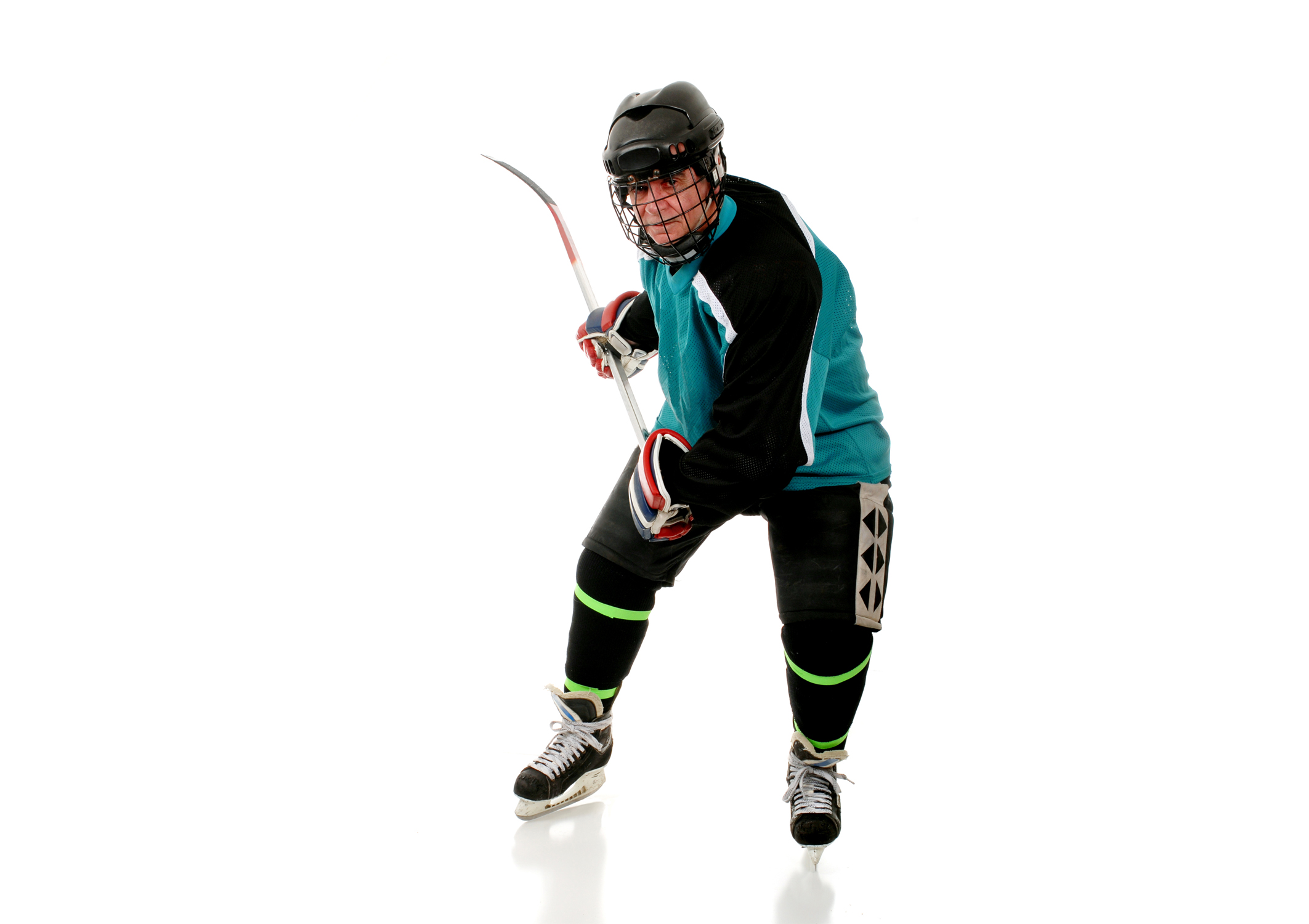As youth sports return and kids of all ages lace up their cleats or their skates once again, older adults are also excited to participate with a group of peers, but companionship and a love of the game rather than competition are the driving forces keeping many seniors engaged in sport.
A recent study of hockey culture in Canada, by researcher Kristi Allain, found that among older players who belong to The Silver Skaters league, the game is about respect, care, and cooperation rather than aggression and rivalry. Although players want to use their skills, those who have suffered injury or illness are accommodated and participants can play, even with a new hip or knee, without fear of being hurt.
The inclusive approach of the no-contact league, which is divided into three divisions: over 55, over 63, and over 70, removes the element of violence so often associated with hockey and replaces it with a love of the game and a safe place to continue to stay active and socially engaged. Players with cognitive problems are cared for by their teammates, giving older adults a sense of dignity and caregivers a much-needed break.
The senior’s recreational hockey club is comprised of approximately 250 members of a variety of skill levels; the games are self-governed with no referees. A banquet is held at the end of each session to celebrate not the best player, the most goals, or the winning team but a great season and Canada’s beloved national sport.
South of the border, in Spokane, Washington, a women’s hockey league for women over the age of 50 also focuses on camaraderie, sharpening skills, and having fun. The group plays other 50-plus teams from across the region and in Canada. The oldest player is 75 and many of the women didn’t start playing until later in life, often encouraged by their spouse or children.
Even without body checking or fighting, the game of hockey does come with some risk of injury. However, skating is fairly easy on the joints and is a good weight-bearing exercise. Talk with your doctor before starting any new physical activity and always wear the appropriate protective gear.
Learn more about staying active in older age by following this link to Western University’s Canadian Centre for Activity and Aging.






Add Your Voice
0 Comments
Join the Discussion